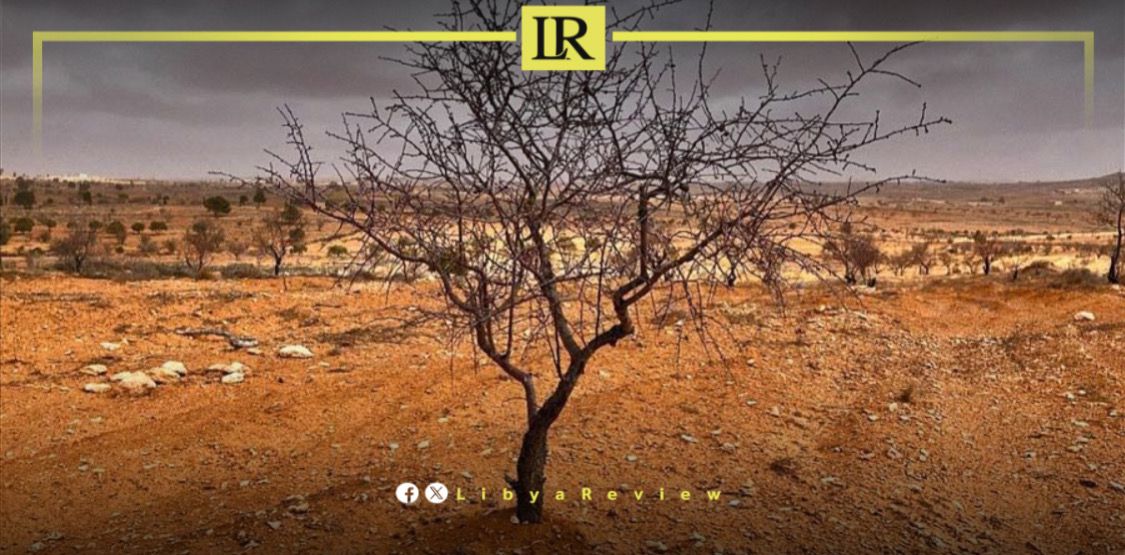The Carnegie Endowment for International Peace has reported that Libya is highly vulnerable to the adverse effects of climate change, including rising temperatures, decreased rainfall, rising sea levels, prolonged droughts, and increased sand and dust storms.
According to the Notre Dame Global Adaptation Initiative’s Country Index, Libya ranks 126th out of 182 countries, placing it in the lower middle tier of the most vulnerable nations, just behind Iraq.
The report highlights that the most pressing climate-related issue in Libya is the dwindling availability of water. Around 80% of Libya’s drinking water is drawn from non-renewable fossil aquifers via a network of pipes known as the Great Man-Made River. The country suffers from deteriorating infrastructure, evaporation in open reservoirs, unsustainable extraction rates, and uneven service in remote Libyan cities.
The report also notes that the increasing scarcity of clean water has become a source of regional, social, and political competition in Libya. Additionally, the electricity supply is under threat due to climate disruptions, particularly rising temperatures.
This situation is largely attributed to the erosion of infrastructure and significant support issues, contributing to high consumption rates and frequent power outages.
The report points out that Libya’s political elites and armed factions bear much of the responsibility for the failure to adapt to the climate crisis. Libya, as one of the countries most vulnerable to the negative impacts of climate change, faces water scarcity, successive heatwaves, and ongoing drought.
The Carnegie Endowment considers that governance crises, political and institutional fragmentation, political tensions, and armed conflict have exacerbated Libya’s vulnerability to climate change impacts. These issues have hindered any cohesive response to mitigate the crisis and adapt to it.
The report indicates that political divisions and conflicts between the ruling elites have significantly impeded the ability to adapt to climate change. The division of governance between the eastern and western parts of the country has blocked progress despite some climate cooperation efforts.
Moreover, the primary role of armed factions has weakened the ability to adapt to climate changes by perpetuating armed conflict, leading to population displacement, disruption of climate activities, and destruction of infrastructure.


